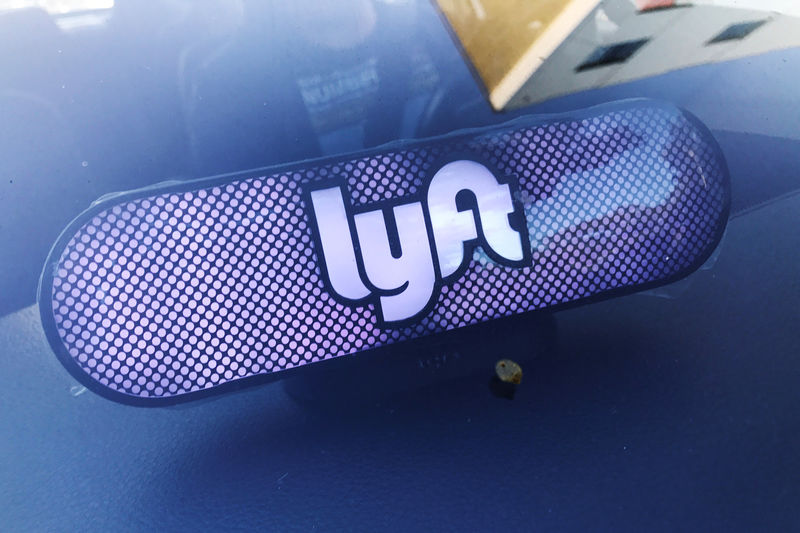UnitedHealth tests AI system to streamline medical claims processing - Bloomberg
Investing.com -- Shares of Lyft (NASDAQ: NASDAQ:LYFT) edged up 1% following an announcement by the company’s EVP of Driver Experience, Jeremy Bird, that the ride-hailing service is planning to launch driverless rides as early as this summer. The news comes as Lyft aims to integrate autonomous vehicles (AVs) into its platform through partnerships with companies like May Mobility, Mobileye, and Marubeni.
Lyft’s push into AV technology is part of a broader strategy to grow the overall rideshare market, which currently accounts for just 2% of car rides in the U.S. The company believes that adding AVs to its platform will not only enhance rider experience by improving arrival times but also increase the total number of rides, creating more opportunities for drivers. Lyft’s executives argue that the introduction of AVs will expand the rideshare market rather than merely redistributing shares of it.
In the short term, Lyft does not anticipate a significant impact on driver earnings as AVs are introduced. The company expects the initial phase of AV adoption to be exploratory, with AVs handling a small fraction of rides under limited conditions. Lyft emphasizes that there will still be a strong need for human drivers, especially during peak demand times when AVs cannot meet all transportation needs.
As AV technology becomes more affordable and capable, Lyft foresees the development of a hybrid network where both AVs and human drivers coexist. Drawing parallels with the grocery industry’s experience with automated checkout counters, Lyft suggests that human drivers will continue to provide unique value that AVs cannot replicate, such as personal assistance and a human connection.
Looking to the future, Lyft envisions a "Lyft-ready" network where AVs become more accessible to the general public, potentially through novel financing arrangements and policy frameworks. The company aims to support drivers in transitioning to AV ownership, which could lead to new entrepreneurial opportunities, such as owning small fleets of AVs.
Lyft is committed to supporting drivers during this transition, offering job training, financial tools, and other benefits. As the AV economy develops, the company anticipates new job opportunities related to AV support, fleet management, and maintenance, for which current drivers could be well-suited.
While the company has not provided specific financial guidance related to the introduction of AVs, Lyft’s stock movement today reflects investor interest in the company’s strategic direction towards an autonomous future.
This article was generated with the support of AI and reviewed by an editor. For more information see our T&C.
